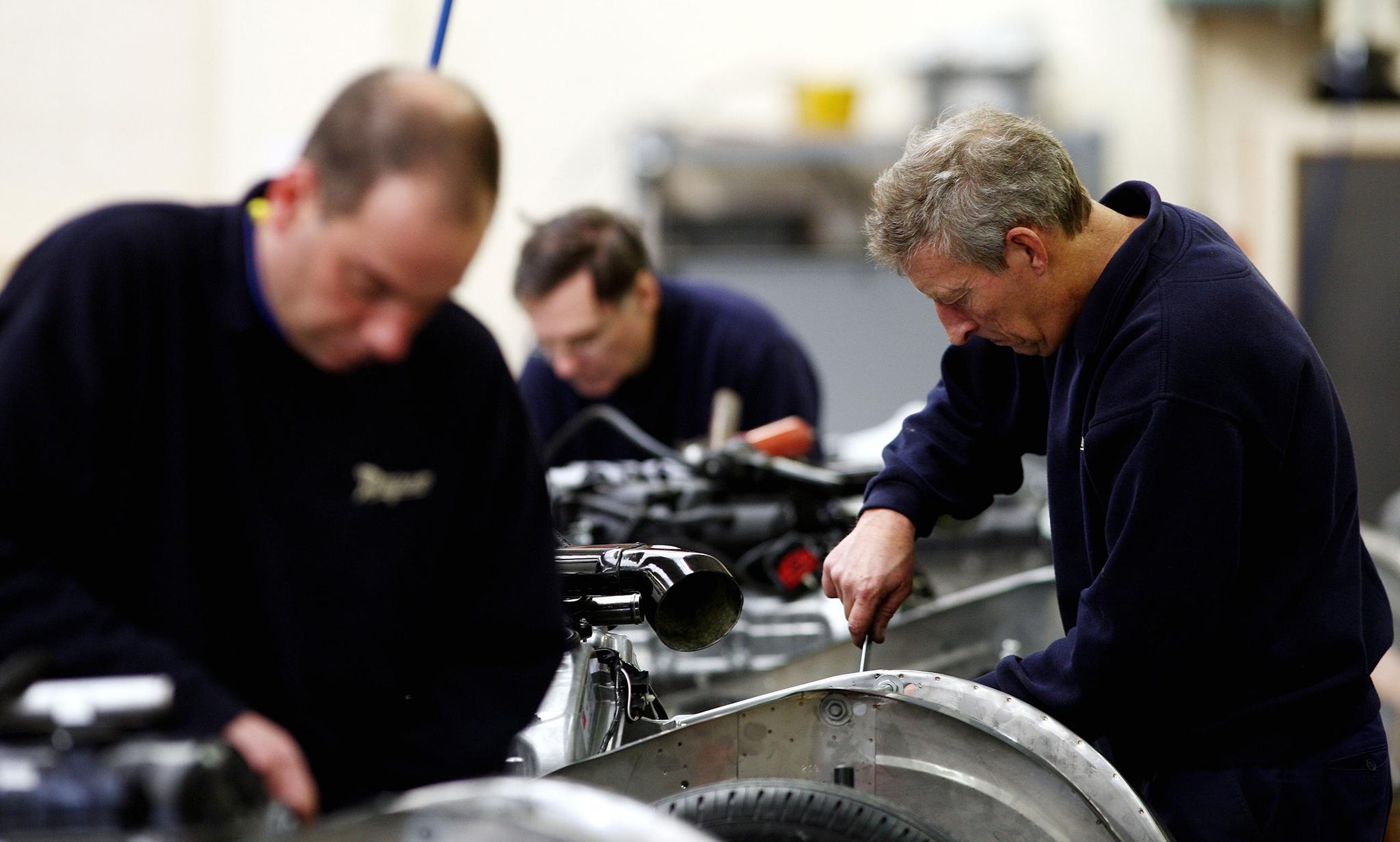The future of work is coming – and we need to find a global solution
To generate ideas and solutions for addressing these fundamental work-related challenges, we have agreed to co-chair the new Global Commission on the Future of Work launched today by the International Labour Organisation

Your support helps us to tell the story
From reproductive rights to climate change to Big Tech, The Independent is on the ground when the story is developing. Whether it's investigating the financials of Elon Musk's pro-Trump PAC or producing our latest documentary, 'The A Word', which shines a light on the American women fighting for reproductive rights, we know how important it is to parse out the facts from the messaging.
At such a critical moment in US history, we need reporters on the ground. Your donation allows us to keep sending journalists to speak to both sides of the story.
The Independent is trusted by Americans across the entire political spectrum. And unlike many other quality news outlets, we choose not to lock Americans out of our reporting and analysis with paywalls. We believe quality journalism should be available to everyone, paid for by those who can afford it.
Your support makes all the difference.It is our belief that work is the foundation for people and societies to grow. With a decent income, work can pave the way for broader social and economic advancement, strengthening individuals, their families and communities.
Yet technology, demography, climate change and globalisation are transforming work more quickly, more profoundly and on a greater scale than ever before. These changes have great potential, but we also face many uncertainties about the future of work. The fear that while some may benefit greatly from these sweeping changes, many will not, has become a major concern – not least at a time when so many countries are facing high unemployment.
And if too many people worry that they are being left behind and that our societies are no longer capable of delivering positive change, there is a strong chance that disruptive forces will undermine growth and destabilise social and political harmony. Indeed, the tendency that we are witnessing a shift towards populist thinking is one of the key challenges of our time.
Therefore, we need to support the job-creating potential of the shift to environmental sustainability and a fair and open world trading system, founded on strong values of rights, freedom and solidarity. Globalisation must benefit all. Only people who feel safe in the present can welcome an uncertain future.
Rather than adopting a wait-and-see approach, we must think seriously about the future of work that we want and how to get there. The future is not pre-determined and can be influenced by the societal choices and policies that we make today.
To generate ideas and solutions for addressing these fundamental work-related challenges, we have agreed to co-chair the new Global Commission on the Future of Work launched today by the International Labour Organisation (ILO). This Commission, which is part of the ILO’s Future of Work initiative, brings together eminent thinkers and practitioners from around the world. It will report to the ILO’s member states in 2019.
This initiative is, indeed, a truly global effort – more than 100 countries have held national dialogues, with governments, employers and workers, to elaborate on approaches to meet the future challenges in the labour market. The contribution of the Commission will also be an important part of the follow-up to the landmark 2030 Agenda on Sustainable Development. Goal eight, in particular, entails promoting inclusive and sustainable economic growth, full and productive employment, and decent work for all.
For almost a century, the ILO has made a significant contribution to making the world of work a much better place. It has done this by bringing together representatives of governments, workers and employers to promote social justice.
By recognising that the future of work is ours to create, rather than one imposed by forces which we are powerless to control, we are convinced that the future holds a powerful message of hope. We are committed to leading this Global Commission in that spirit, and to focus on concrete solutions, policy advice and best practices, with the goal of making the future of work, a future that includes everyone.
Ameenah Gurib-Fakim is President of the Republic of Mauritius and Stefan Löfven is Prime Minister of Sweden
Join our commenting forum
Join thought-provoking conversations, follow other Independent readers and see their replies
Comments